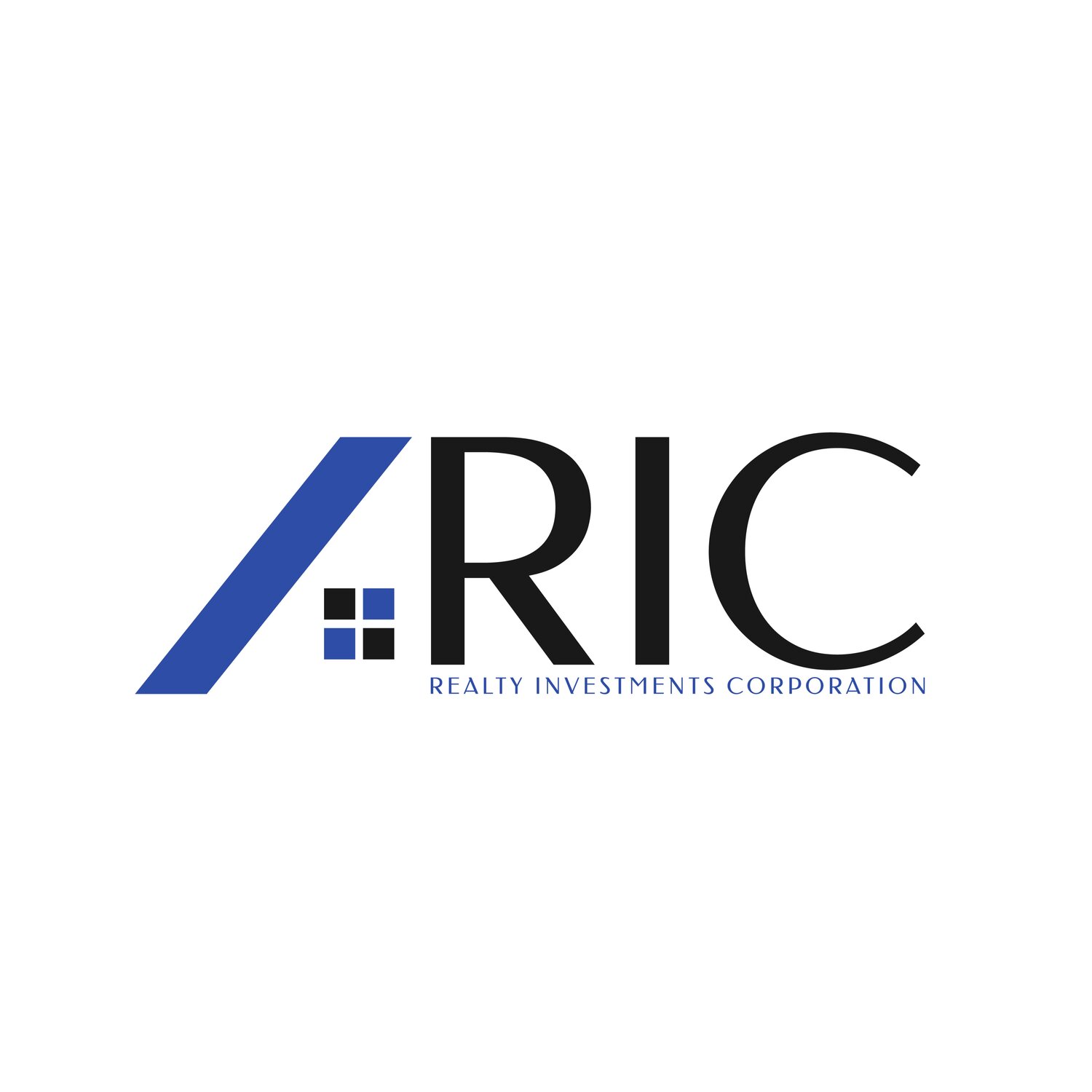You should make different decisions as to maintenance on your home as to your investment property. On your home, the things that you do are NOT deductible. If you pay somebody to clean your gutters, you pay them out of pocket, the IRS is not going to help. If you do anything on your home other than basically real estate taxes, interest or equity lines under $100,000 cost of improvements, that's the only benefit you get. On your investment property, any money that you spend for repairs, not capital improvements, but repairs IS deductible. You don't want to make a decision of short-circuiting the work on your individual investment properties.
If you've got a tenant in the property, there's no reason to ever go in and do a halfway repair. IRS is going to help you repair it, go ahead and fix it right, deduct it. This time of year, it's going to be close to the end of the year and closing the current year taxes, we authorize a lot of maintenance that's going to be done in December, so that we can pay it in December and get the tax write-off this year. With your home it doesn't matter. With your home, sometimes you may want to take the shorter way around. With your home, you may want to do a capital improvement.
With the investment property if you're using the tax benefits, you're far better off to go ahead and do the work right, and write it off, and get the benefit of it right away. If something breaks, you have more advantage on your investment property from a tax standpoint to repair it than to replace it. If you replace it, you really should depreciate it over the economic life of whatever it is you put in. A dishwasher for example, is probably 10 years. Even though you pay $1,000 putting in a dishwasher, you only $100 benefit per year for 10 years. When it comes to maintenance, you have different tax ramifications on your individual investment houses than you do on your own home.
In many, many cases, you're buying something that is not highest and best use of the land. So, you need to be very very careful.
You don't want to spend a lot of money on a capital improvement on a building that is going to be torn down when you sell it. As land becomes more valuable, then the existing structure becomes less valuable, in most cases. Doing a lot of work on a house that is an eventual tear down is like putting a paint job on the car before you take it to the dump.
You don't replace the windows. You don't replace all the appliances, although the appliances can be moved to another project. Given the choice, you don't do windows. You don't do elaborate roofs. You maintain what you have so you protect the income stream, but you don't improve the building with something that you can't remove and take to another building.
When you're making your investment decisions on a building that is not necessarily the highest and best use. Remember the capital improvements cost you money, repairs and maintenance are deductible, so you're okay
